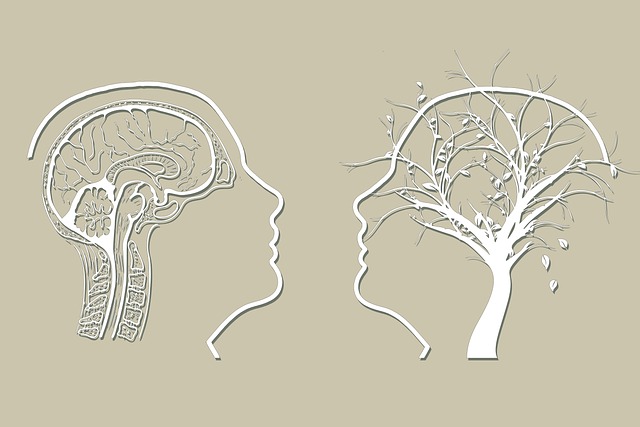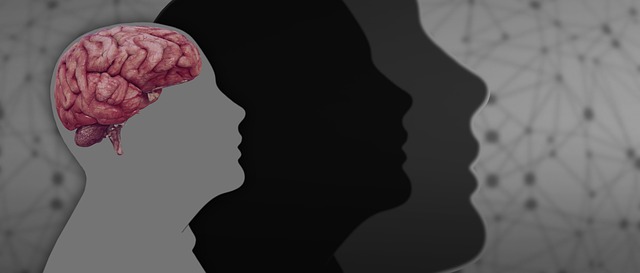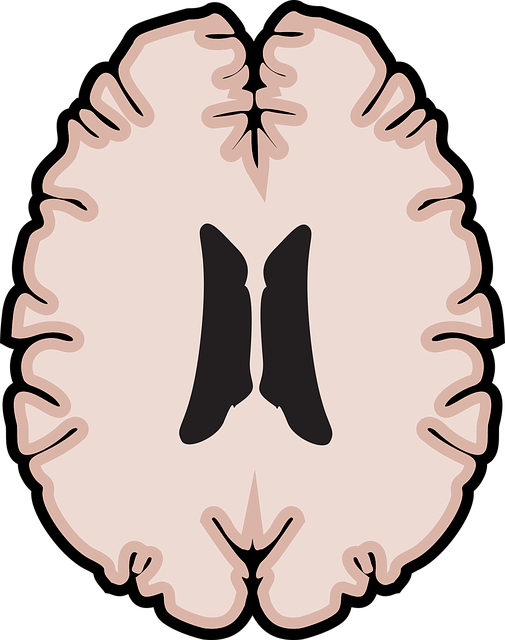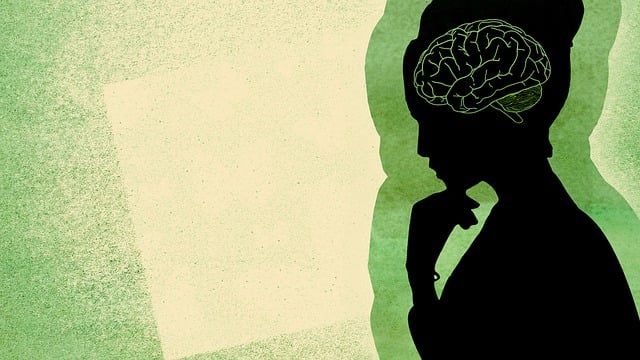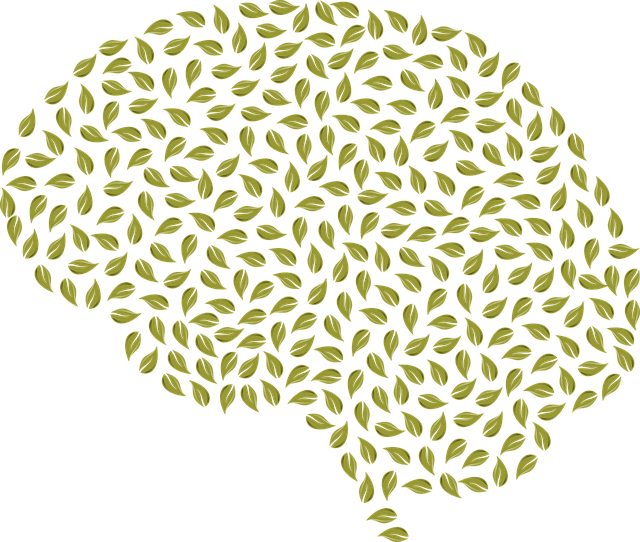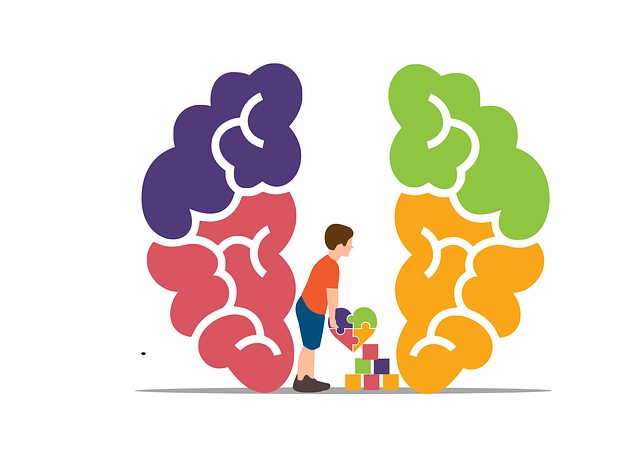Northglenn Child Abuse Therapy (NCAT) has adopted the Resourceful Family Model (RFM) for a holistic approach to healing, focusing on building resilience in individuals and families. This methodology equips clients with coping skills, enhances emotional well-being, and promotes positive parenting. Through tailored exercises like role-playing, NCAT fosters assertiveness and social skills in young survivors of child abuse. Their Resilience-Focused Therapy (RFT) strategy integrates self-care routines, measures success, and ensures continuity of care post-RFM implementation.
In the realm of child welfare, fostering resilience is paramount. This article explores RFM (Recovery, Flexibility, and Mastery), a powerful framework for enhancing young clients’ ability to overcome adversity. We delve into its impact on Northglenn Child Abuse Therapy, where RFM exercises have revolutionized care. From designing tailored activities to measuring success, this comprehensive guide highlights effective strategies. Discover how these methods not only strengthen resilience but also ensure continuity of care for vulnerable children in Northglenn and beyond.
- Understanding RFM and its Impact on Resilience Building
- Implementing RFM in Northglenn Child Abuse Therapy
- Designing Effective Resilience Exercises for Young Clients
- Measuring Success and Continuity of Care Post-RFM Integration
Understanding RFM and its Impact on Resilience Building

Resilience is a vital skill to cultivate, especially for individuals who have experienced challenging circumstances, such as child abuse or trauma. This is where RFM (Recovery-Focused Methodology) comes into play. RFM is an approach that focuses on enhancing an individual’s ability to recover and grow from adversity, fostering a sense of resilience. By understanding the past experiences and current triggers, Northglenn Child Abuse Therapy can implement targeted interventions. These exercises aim to build coping skills development, encouraging individuals to navigate life’s challenges with increased adaptability and strength.
The impact of RFM extends beyond individual therapy sessions. It empowers healthcare providers, such as therapists and counselors, through comprehensive training in compassion cultivation practices and cultural competency. This enables professionals to create safe spaces where clients can explore their emotions, process trauma, and develop effective coping strategies. With the right support, individuals can transform their lives, breaking free from harmful patterns and building a resilient foundation for the future.
Implementing RFM in Northglenn Child Abuse Therapy

In Northglenn Child Abuse Therapy (NCAT), implementing Resourceful Family Model (RFM) has been a game-changer in fostering resilience among vulnerable children and families. NCAT recognized the need to go beyond traditional therapeutic approaches and incorporated RFM as a comprehensive strategy to address the complex needs of their clients. This model focuses on building protective factors within families, promoting positive parenting skills, and enhancing the overall mental wellness of both children and caregivers.
The integration of RFM has led to several significant benefits for NCAT’s community. Through public awareness campaigns and educational initiatives, they’ve successfully increased understanding about child abuse prevention, encouraging proactive measures from concerned citizens. Additionally, burnout prevention strategies for healthcare providers have been tailored to support the staff at NCAT, ensuring they can deliver consistent and effective care. The development of Mental Wellness Coaching Programs has further strengthened their services, offering personalized guidance to families, which is crucial in the long-term resilience building process.
Designing Effective Resilience Exercises for Young Clients

Designing resilience exercises tailored for young clients requires a nuanced approach, especially when addressing sensitive topics like child abuse recovery in Northglenn. The exercises should be age-appropriate and engaging to capture their interest while fostering emotional growth. One effective strategy is incorporating interactive activities that encourage self-reflection and skill development. For instance, role-playing scenarios can help young individuals practice assertiveness and healthy communication, a vital aspect of social skills training.
These exercises aim to build coping mechanisms by teaching them to identify and manage their emotions. Encouraging the creation of a self-care routine, including activities that promote mental health and emotional intelligence, is another powerful tool. By integrating these practices into therapy sessions, Northglenn Child Abuse Therapy can empower young clients with the tools they need to navigate challenges and build resilience for a healthier future.
Measuring Success and Continuity of Care Post-RFM Integration

Measuring success and ensuring continuity of care are vital aspects of implementing RFM (Resilience-Focused Therapy) and resilience-building exercises. At Northglenn Child Abuse Therapy, we employ a multi-faceted approach to assess progress and foster long-term well-being. By integrating self-care routine development for better mental health into the treatment plan, we empower individuals to cultivate inner strength and implement burnout prevention strategies for healthcare providers, ultimately enhancing their resilience.
This process involves regular evaluation of key indicators such as emotional regulation, coping mechanisms, and overall mental health status. We track these metrics before, during, and after RFM integration to gauge the effectiveness of the program. Additionally, we prioritize open communication channels with clients and caregivers to understand their experiences and make necessary adjustments to the care plan, ensuring a seamless transition and continuous support post-RFM implementation.
The implementation of RFM (Resilience, Flexibility, and Mastery) exercises in Northglenn Child Abuse Therapy has proven to be a transformative approach. By integrating these strategies, therapists can effectively support young clients in building resilience, fostering adaptability, and promoting a sense of mastery over their lives. The success of this model is evident through measured improvements in client outcomes and the continuity of care provided post-integration. This holistic method offers a promising path forward for mental health practices seeking to enhance their therapeutic offerings.
